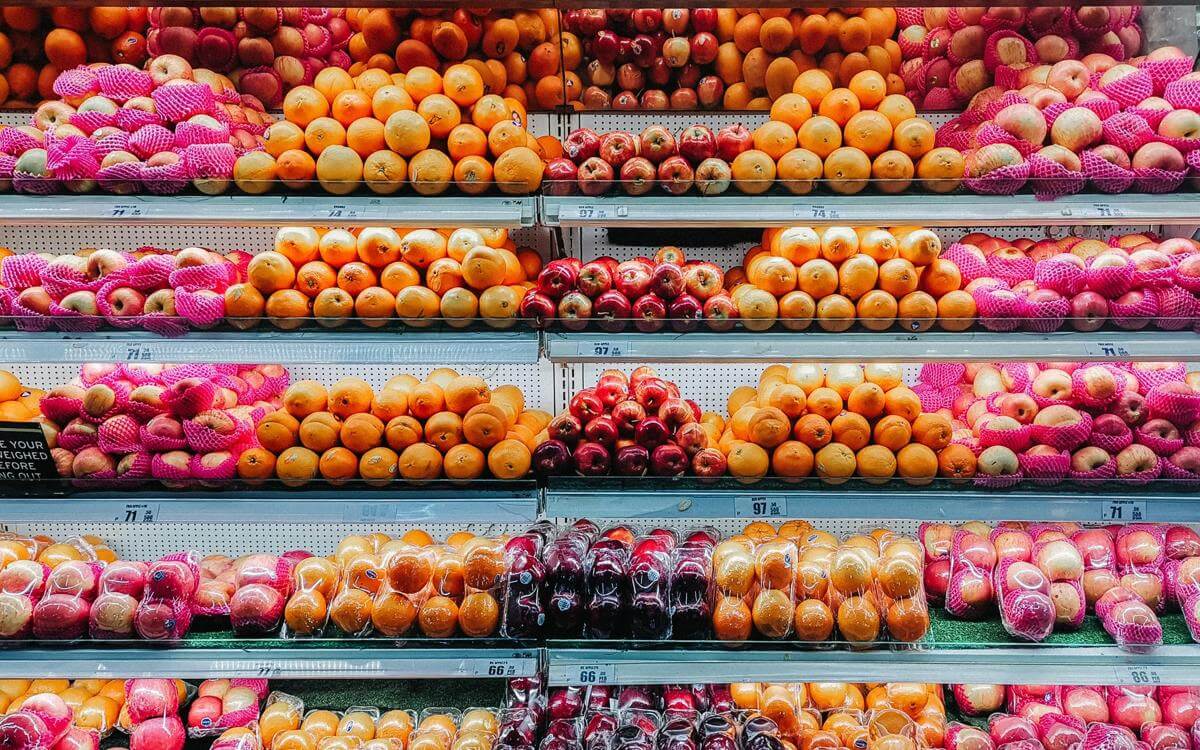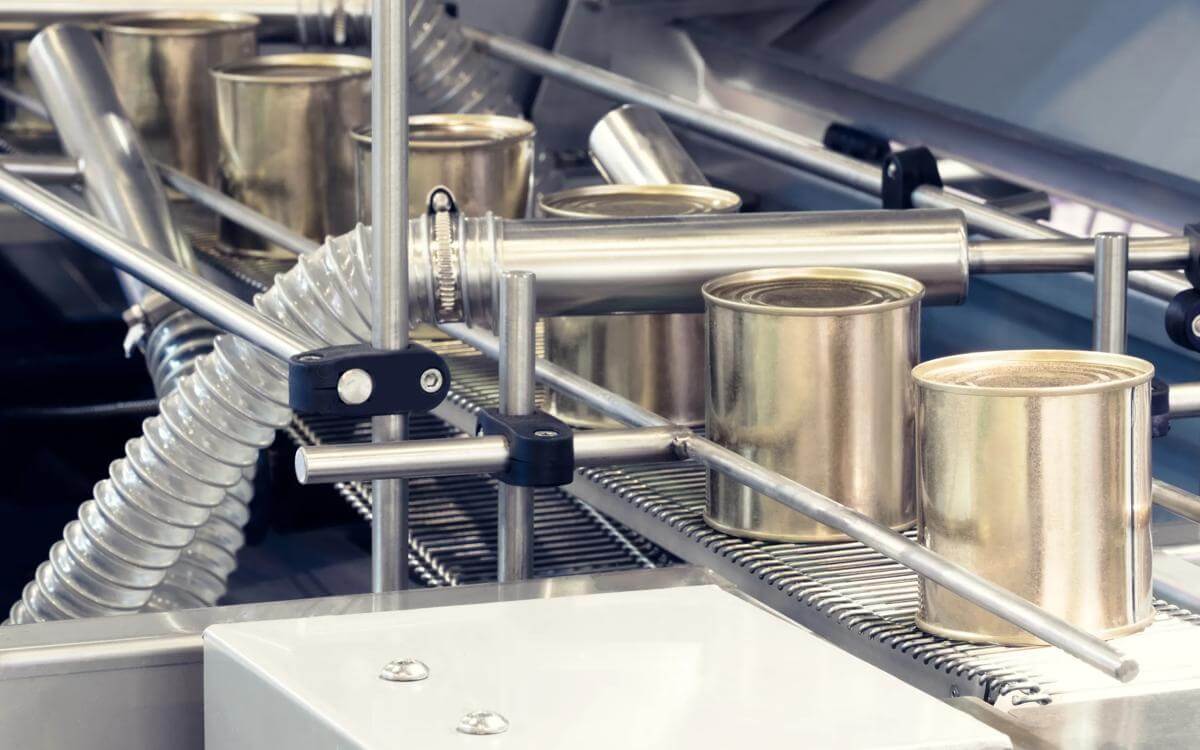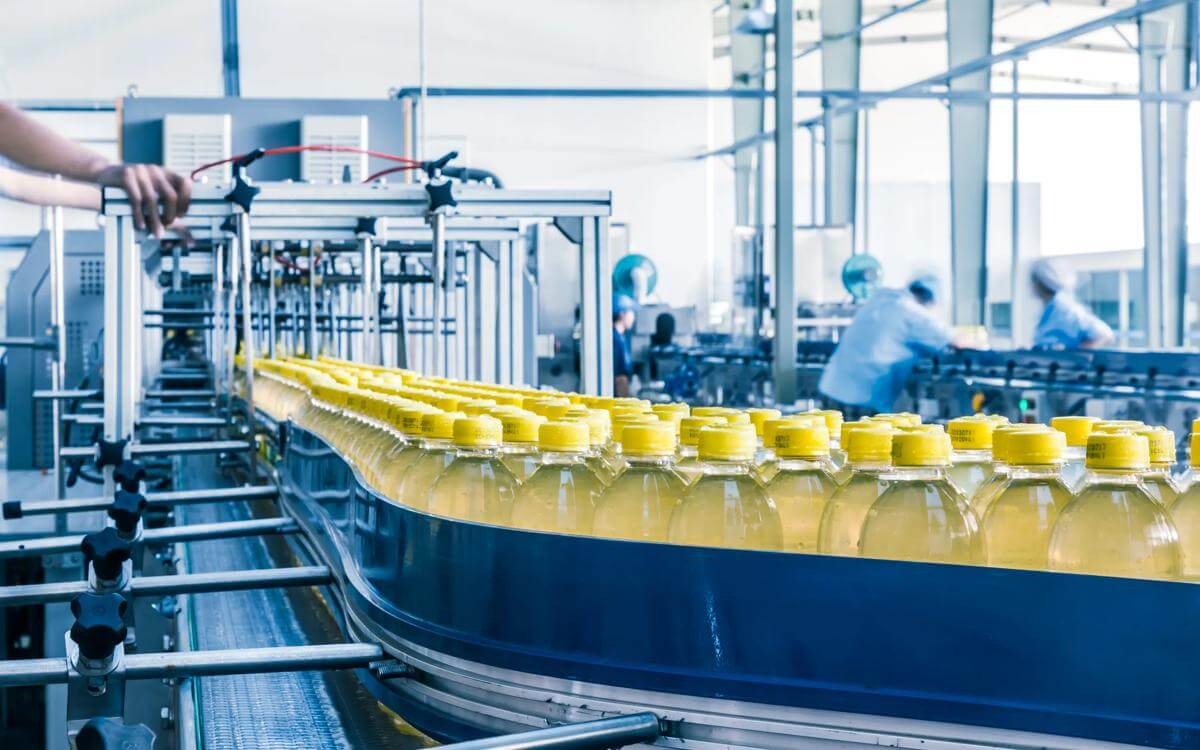Key themes appear to be tackling key challenges – cost of living crisis, encouraging healthier lifestyles and sustainable outputs from the sector.
The Conservative and Labour parties have now set out their stall in relation to key food issues. There appears to be a cross party consensus on focusing on rebalancing food inequality, and tightening regulation on foods linked to health issues such as obesity.
The key messages emerging appear to be:
- Address health inequality for children
- Improve access to healthy food through increasing benefits or through rebalancing food pricing
- Restrict the ways junk food is advertised and sold, and restrict its target market
- Tackling sustainability issues
Labour has said it has an ambitious strategy to tackle child poverty. It has said it will reduce food prices by removing barriers to business trading and seek to reinstate emergency food parcels as a matter of last resort rather than routine for many families. The party is targeting ultra processed foods through restricting the advertisement of junk food to children and the opening of fast-food restaurants near schools, with expanded powers for local authorities to restrict this. Labour has also made a commitment to free breakfast clubs in every primary school in the country but makes no mention of free school lunches despite their being a prominent success story for the party previously. The party has stated that these policies in turn would remove barriers to opportunity but will also reduce strain on the NHS.
The Conservatives have echoed Labour's approach to curtailing junk food advertisement for children, although legislation to this effect has been tabled within government for some time. However, the manifesto makes no mention of expanding eligibility for free school meals despite the rocketing numbers of children living in poverty who are not currently eligible. They have also set out that they wish to focus on public procurement within the food context and have reaffirmed their commitment to ensure that 50% of food bought in the public sector is sourced locally or is sustainable. This is consistent with the Conservatives broader commitment to nurture and encourage the farming industry by increasing the farming subsidy by one billion pounds during the next government.
The Food Foundation (FF) has criticised the fact that none of the parties have set out any policies to make healthy food more affordable. It has however voiced its support for the approach of the Liberal Democrats in mandating for free school meals to extend to all children in poverty in the first instance as part of a wider strategy to tackle health inequality, including increases to universal credit and removing the two-child limit. Figures released by the FF state that food insecurity is 45% higher in households in receipt of Universal Credit because of rising food costs. This is the opposite stance to Labour, who have not committed to removing this limit, but have instead said that the minimum wage should be commensurate with the cost of living.
All the polls point to a change in government after 4 July what impact that will have on the food and drink sector remains to be seen. As the next government is formed we will keep a careful eye on the conversion of manifesto commitments into action to support the growth of the food and drink sector.











































